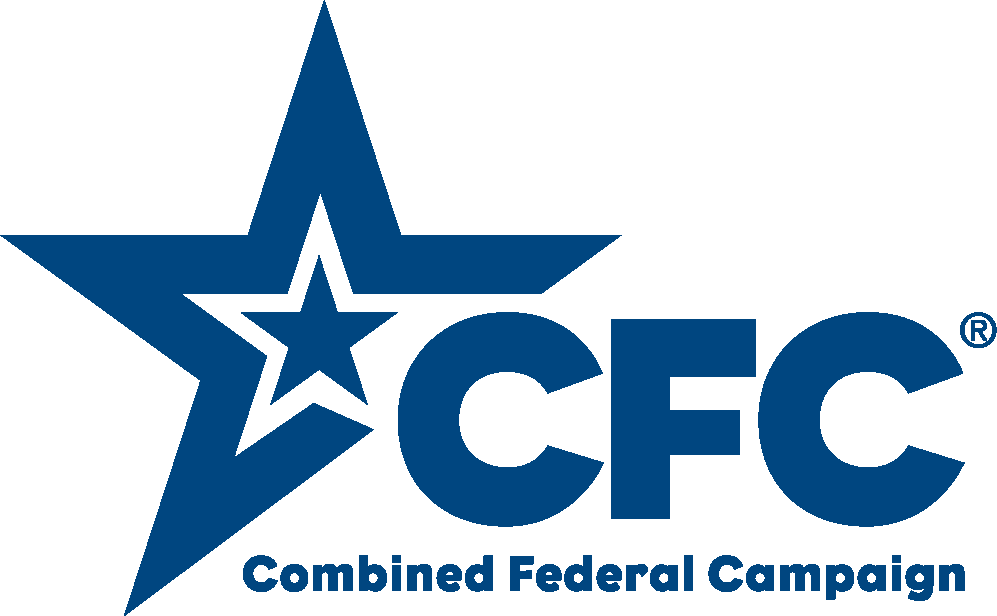This is a guest post by Mark Martin, a leader of JUFJ’s renters’ rights work in Baltimore City. Read Mark’s full report on the new Baltimore Renters United campaign that launched this week, and follow Baltimore Renters United on Facebook for future updates.

The Baltimore Renters United coalition, which includes JUFJ as a founding member, hosted a video press conference on May 18, 2020, announcing a campaign to secure legislation that will guarantee tenants in Baltimore City who are facing eviction the right to have a lawyer represent them in rent court.
As matters now stand, Baltimore City rent court is completely tilted in favor of landlords. About 96% of landlords are represented, while only 1% of tenants have lawyers. As a practical matter, most tenants are therefore unable effectively to present the defenses to eviction that they have (and some 80% have defenses), such as substandard housing conditions, illegal fees, or unlawful retaliation. Although there is a temporary moratorium on evictions during the COVID-19 crisis, there is good reason to fear that evictions will spike once this stop-gap measure ends. For the long term, guaranteeing tenants a lawyer would redress the power imbalance in rent court, prevent most evictions, and save the City millions of dollars.
BRU released two reports at the press conference in support of its right to counsel campaign. The principal report, produced by the consulting firm Stout Risius Ross (with financial support from the Abell Foundation), documents the economic impact of evictions and the benefits that a right to counsel will provide to tenants and the City. Baltimore’s eviction crisis is stark: the eviction rate is 2.5 times the national average, with some 6,500 families evicted annually. Many serious problems follow and compound in the wake of being displaced, such as homelessness, job loss, increased truancy, and declining credit. If tenants had lawyers, about 92% of evictions could be avoided. Further, when tenants are evicted, they are forced to draw on public services, paid for by the City or State, for help, such as homeless shelters and transitional housing, foster care, and emergency room and in-patient care covered by Medicaid. As evictions decline, use of these services decline, and so costs decline as well. All told, by spending $5.7 million to provide tenants with lawyers, the City and State would save $35.6 million, more than six times the cost.
The second report, produced by Dr. Timothy Thomas from the University of California at Berkeley’s Evictions Study and Urban Displacement Project, documents that Baltimore’s eviction crisis is a civil rights issue. There are massive racial disparities in evictions, with the highest rates occurring in the largely Black neighborhoods of West Baltimore and the gentrifying areas in East Baltimore. Moreover, there is a significant gender component to the issue as well: the number of Black women evicted is 3.9 times greater than the number of white men evicted.
As several speakers at the press conference explained, providing tenants with a right to counsel is a proven means of reducing evictions. New York City, for example, began phasing in a right to counsel in 2018; eviction rates there have declined by 29% in zip codes where tenants are provided with lawyers and 84% of represented tenants have remained in their homes. At least four other cities are currently implementing a right to counsel and some 10 other jurisdictions are considering doing so. Baltimore should join this trend.
Several tenants spoke during the press conference, putting a human face on the evictions crisis by describing the experience of being homeless as a child as a result of eviction; facing retaliation by landlords simply for raising a complaint about substandard housing conditions; and the great relief of avoiding eviction because of being represented in rent court by an attorney. A landlord also spoke in favor of right to counsel, by underscoring that being a good landlord means caring for the well-being of your tenants.
A number of elected officials participated in the video conference including State Senator Mary Washington, delegates Chanel Branch and Brooke Lierman, and Baltimore City Council President Brandon Scott. Senator Washington said she looked forward to working with the City Council to make the right to counsel in rent court the law in Baltimore City (and eventually in the state of Maryland). Delegates Branch and Lierman expressed similar sentiments. All thanked BRU for bringing the issue to the fore.
This is just the beginning of BRU’s right to counsel campaign, but it is already clear that, as the Baltimore Sun succinctly stated, this is a “no brainer” to achieve more social, racial and economic equality in our city.
Press Coverage
Providing lawyers to Baltimore tenants facing eviction could pay for itself – The Baltimore Sun, Editorial Board
Study: providing lawyers for Baltimore tenants to fight eviction can save the city and state money – The Baltimore Sun
Housing advocates make case for providing lawyers to renters facing eviction – Mallory Sofastaii, ABC 2 News – WMAR




